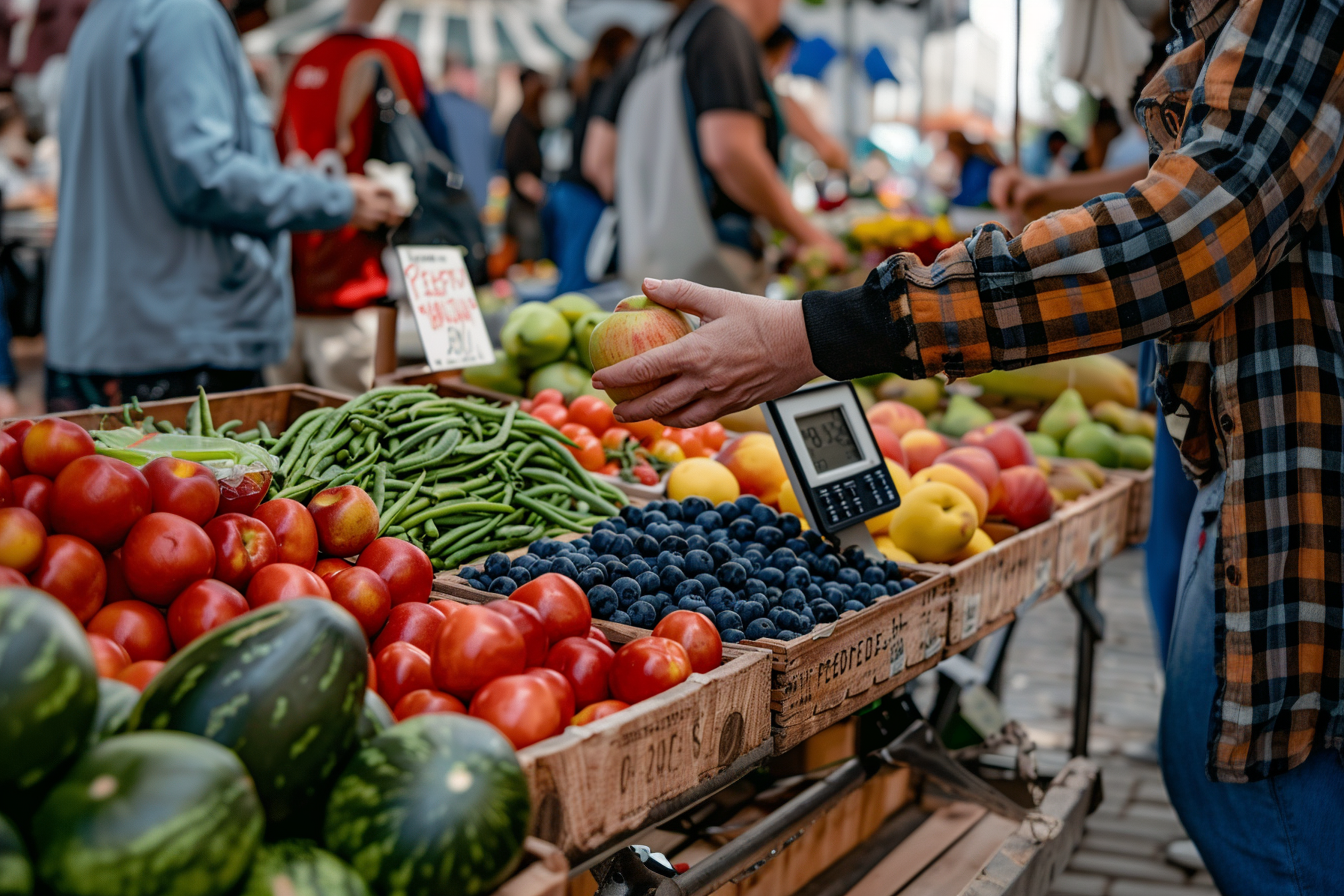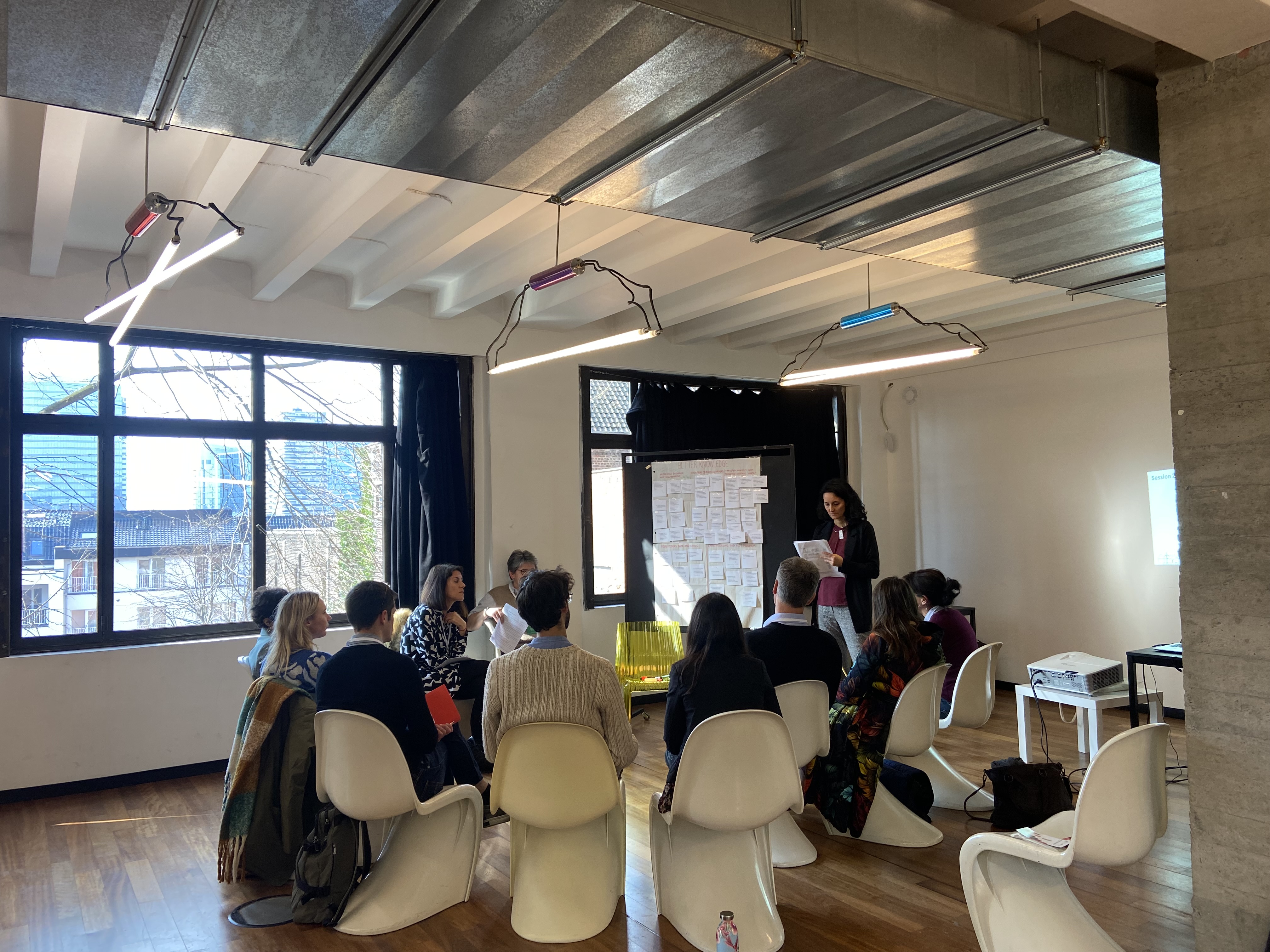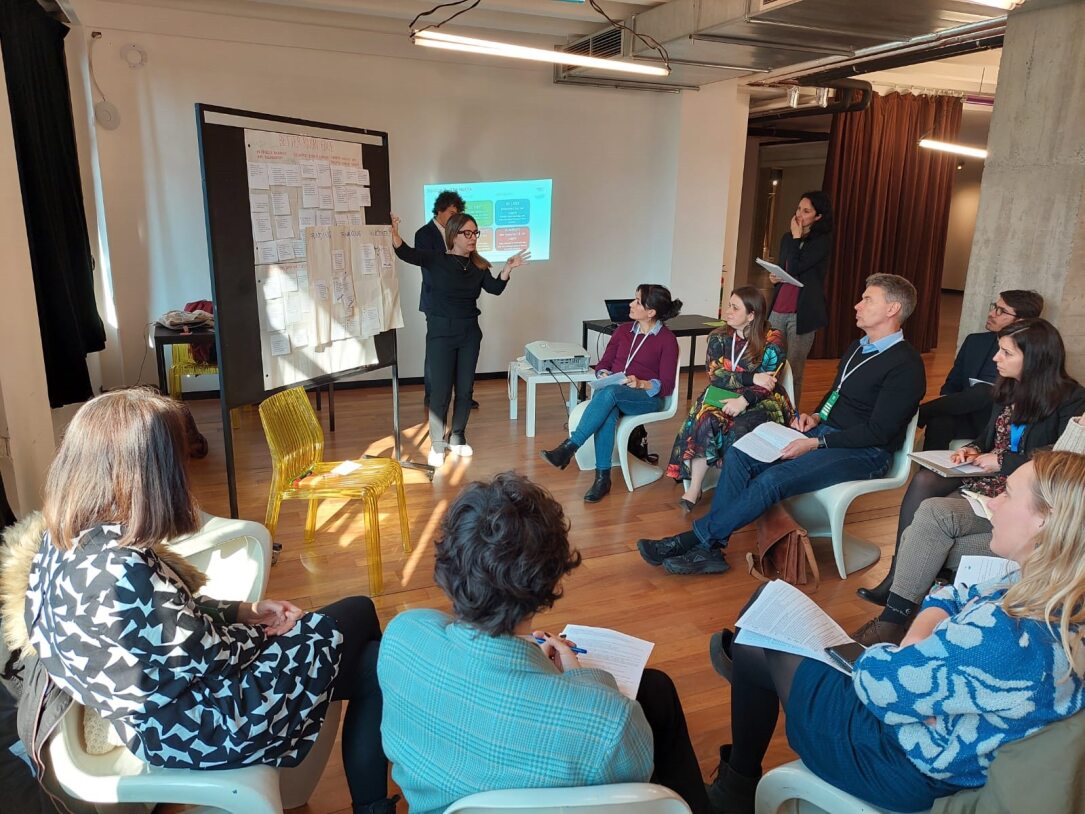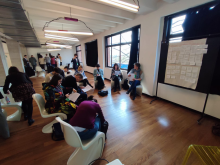
Moving towards a clearer understanding of the thematic scope of the Food Partnership
As a result of this first phase of brainstorming and analysis members of the Partnership reached consensus on shared values and principles guiding their approach, as well as on priority themes, a critical step in focusing the efforts of the partnership and ensuring alignment among stakeholders.
The adoption of a multi-level governance, multi-sector, and multi-stakeholder approach will serve as the cornerstone of the Partnership's overall strategy, enabling to find a holistic and inclusive response to the multifaceted challenges of the food system.
Common challenges and topics of interest
The first effort of the Food Thematic Partnership was dedicated to identifying, among the wide range of critical themes that need to be addressed in the food system transformation, those that are more pressing and align with the partnership's objectives and mission.

Better Knowledge
Regarding the Better Knowledge pillar, consensus was reached on certain areas of focus such as the knowledge exchange, starting, for example, with the creation of a match-making system between best practices and cities looking for help and inspiration to improve their local food systems, and the capacity building area, focusing on technical assistance, training, and support to local/regional authorities, for example, on how to ensure longer term impact to pilot projects and on public farmland management. Also, leveraging food system data and tools is relevant, such as the creation of guidelines for monitoring and evaluation systems based on available city-level data as well as the analysis of citizen’s food purchasing behaviour.

Better Regulation
As to the Better Regulation Pillar, a key point is advocating for the implementation of a Food Policy at the EU level and, at the same time, mapping policy incoherences at national and regional scale to assess the impact of existing policies and trigger new initiatives. Another crucial area for the partners is the public procurement of food, especially the definition of minimum mandatory criteria. Also, the relation with the private sector is strategic for advancing initiatives aimed at protecting local products, promoting circular food systems, and ensuring fair prices in line with the EU Green Deal.

Better Funding
Better Funding objective is crucial and strictly interlinked with the need to create a EU Food Policy; dedicated funding instruments are essential to support pilot projects at the local/regional level and the transfer of innovation. Members of the partnership identified as a starting point the mapping of different funds available, due to a lack of a comprehensive repertory of the EU initiatives and funding programmes for the food system.
Narrow down the thematic scope of the Partnership
The second effort of the partners was dedicated to narrow down the thematic scope of the partnership, identifying overarching themes that encompass the most relevant and urgent topics emerged in the initial brainstorming discussions. As a result, the Partnership identified four main umbrella themes that provide a structured framework for organizing the partnership's activities and initiatives:
1. Innovative funding
2. City-region framework
3. Capacity building
4. EU and national regulation
Four umbrella themes to orient the Partnership’s activities
Next steps
Each of these umbrella themes represents a distinct area of focus for the working groups within the Food Thematic Partnership, allowing them to dive deep into specific issues and develop targeted solutions. By aligning their efforts around these themes, partners can maximize impact and address critical knowledge gaps more efficiently towards the process of preparation and implementation of the Partnership’s Action Plan.